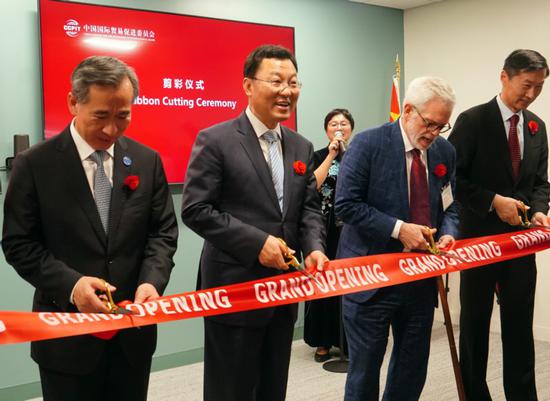
Chinese Ambassador to the United States Xie Feng attends the ribbon-cutting ceremony at the opening reception of the China Council for the Promotion of International Trade (CCPIT) new location in Washington DC on Tuesday. (Minlu Zhang/China Daily)
A national agency promoting international trade and investment between China and foreign businesses "expanded its circle of friends" in the U.S. capital on Tuesday, a move that an American trade group sees as a "positive sign" for bilateral trade relations.
The China Council for the Promotion of International Trade (CCPIT), founded in 1952, is an organization that strengthens the bonds between Chinese and foreign businesses and advances international economic and trade exchanges.
The agency, which opened a representative office in Maryland in 1988, moved to a new location in Washington on Tuesday, sharing the same building with the U.S. Chamber of Commerce. Around 130 business representatives from about 60 U.S. companies and 40 Chinese companies attended the opening reception.
Chinese Ambassador to the United States Xie Feng noted that in February and July, CCPIT was the agency hosting delegations from the U.S. Chamber of Commerce, and then the U.S.-China Business Council.
"The representative office of CCPIT has served as an important bridge and bond within the Chinese and American business activities. It has played an important role in strengthening bilateral economic and trade relations," Xie said.
Tuesday's event followed the July 18 conclusion of the third plenary session of the 20th Central Committee of the Communist Party of China.
"The session has made the arrangements for opening-up, including steadily expanding institutional opening-up, broadening market access and effectively protecting the legitimate rights of foreign investment companies," Xie said.
He emphasized that it represents "a clear signal of China's commitment to expanding a high-level opening-up".
China "will continue to forge a world-class business environment that is market oriented, law based and international, offering even greater opportunities for businesses from all countries," he said.
Xie told the business representatives that "we welcome you to continue the investment and business ties with China, to share in the dividends of this high-quality development".
"This will bring benefits to both our two peoples and help the two countries to embark on the right way to get along in the new era under the principle of mutual respect, peaceful coexistence and win-win cooperation," he said.
A delegation from the board of directors of the U.S.-China Business Council visited China last week.
Ren Hongbin, chairman of the CCPIT, along with a delegation of about 50 Chinese business representatives paid a reciprocal visit this week.
In the first half of 2024, bilateral trade between China and the U.S. grew by 2.9 percent year-on-year, and the number of U.S. companies investing in China increased by more than 20 percent over the same period the previous year, with the amount of actual investment doubling, according to Ren.
He said that the industrial chains and supply chains are deeply integrated between the two countries. Last November, companies from the U.S. sent the most exhibitors from a foreign country to the China International Supply Chain Expo, the world's first national exhibition focusing on supply chains.
Cliff Seagroves, principal deputy director of the Office of Foreign Missions of the U.S. State Department, said he was pleased to see CCPIT's new location finally opening in the heart of Washington.
"We're confident that this space will help bridge the gap between United States and China and strengthen our economic cooperation for both U.S. businesses and Chinese businesses," he said.
Craig Allen, president of the U.S.-China Business Council, said the opening of the new office is a positive sign for returning to a growth track, increasing trade and investment and benefiting the people of both countries.
Charles Freeman, senior vice-president for Asia of the U.S. Chamber of Commerce, said: "We're living in the age of small yards and high fences. ... It's up to the business communities to move past all the frictions and the challenges and really implement what is at the heart and soul of the U.S.-China relationship, which is the people-to-people relationship.
"There is no question in my mind, whenever someone asks are the United States and China, are we actually going to enter into some real conflict? I say no. Because the relationship between people is so strong and so permanent that I think it can overcome," he said.
The Chinese delegation visited New York on Monday, continued to Washington DC and Maryland on Tuesday, and will proceed to Seattle next.








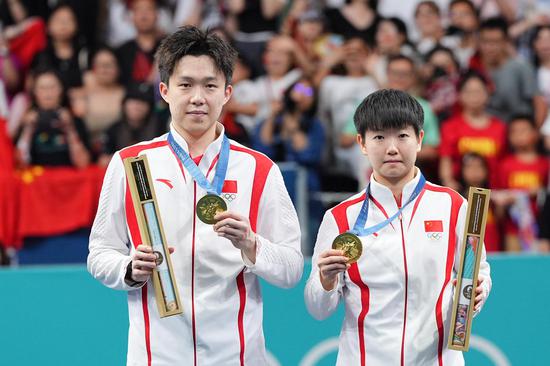




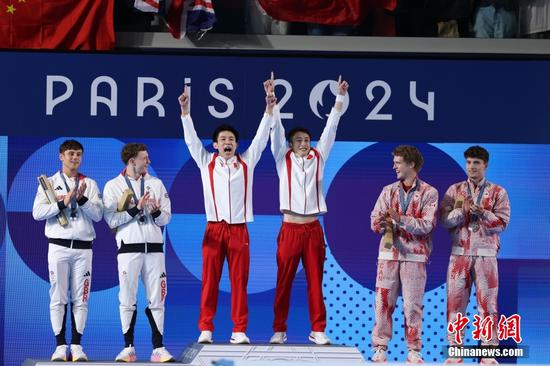
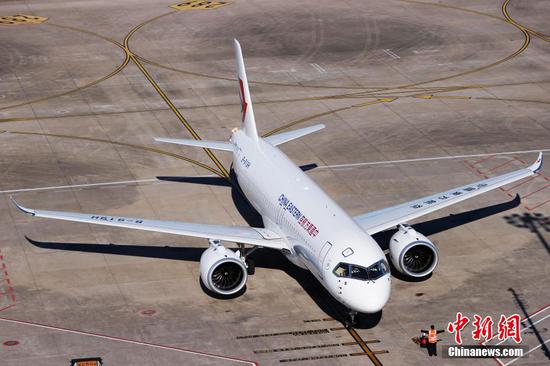

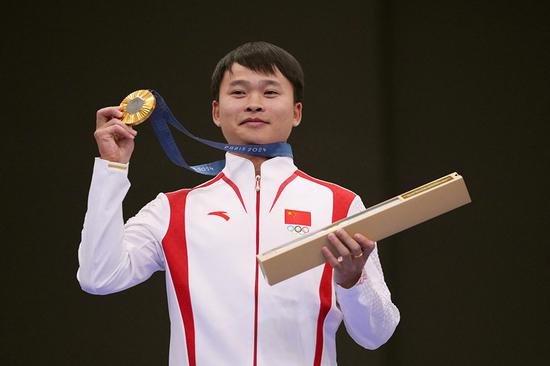

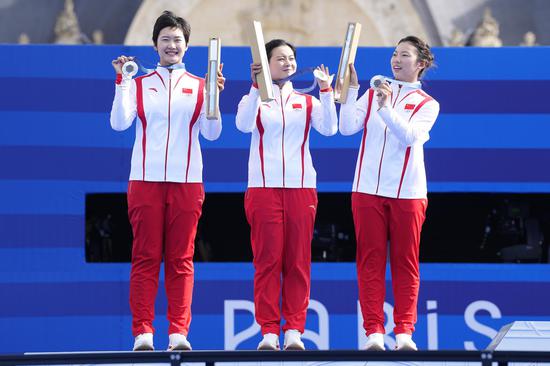





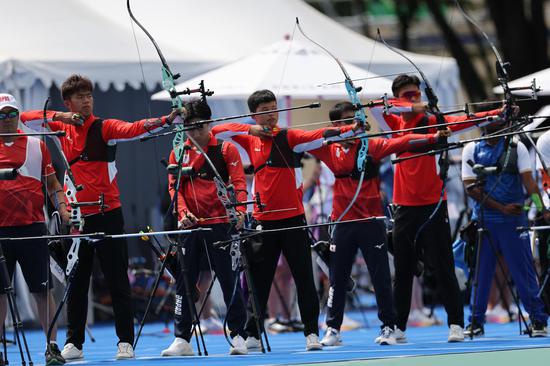
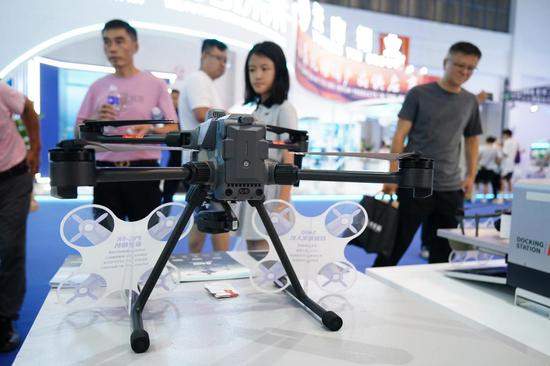


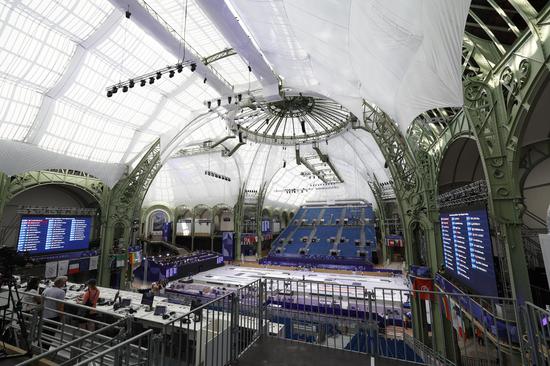


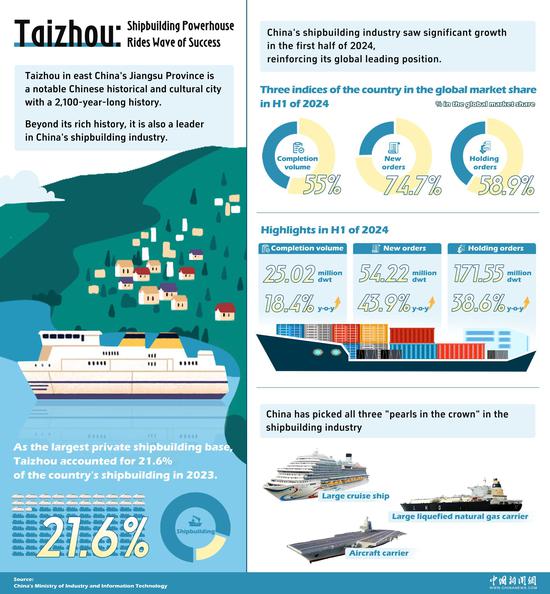
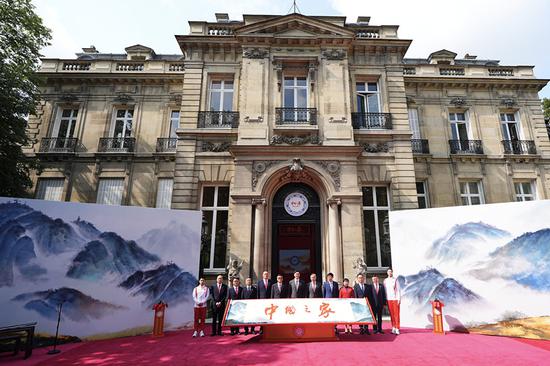
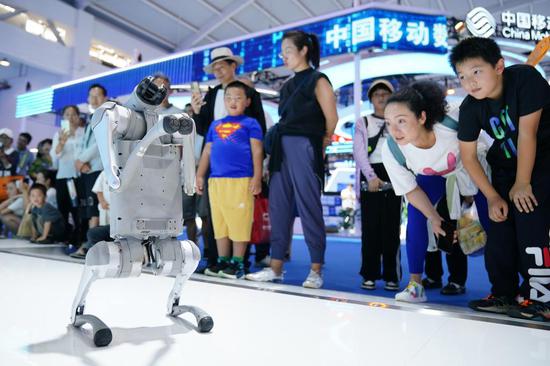




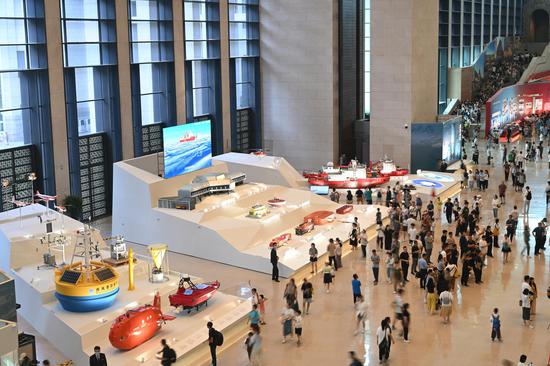

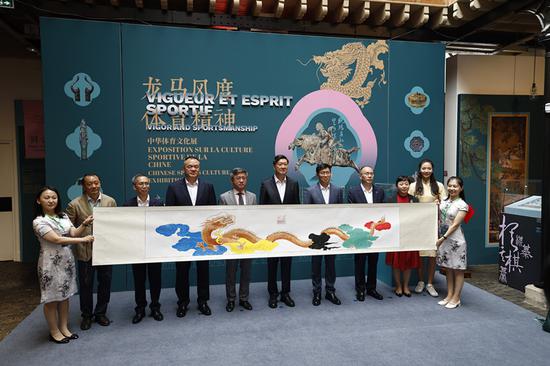


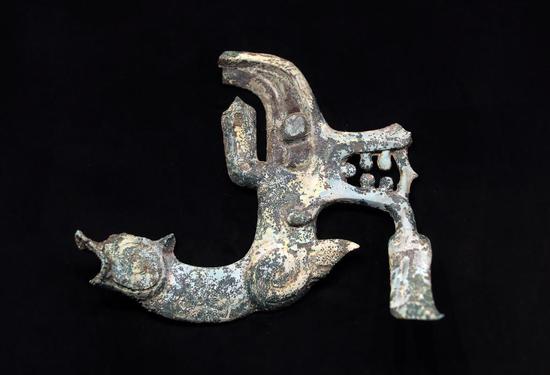


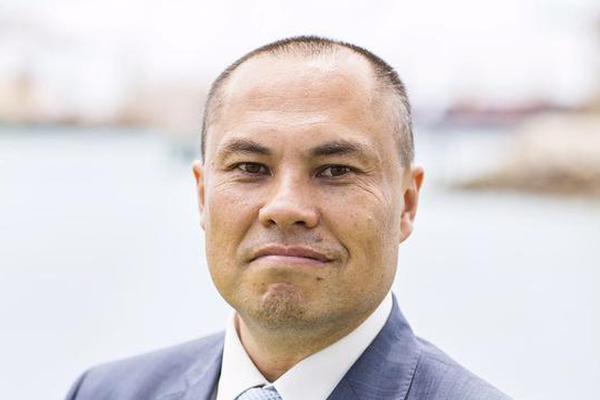

 京公网安备 11010202009201号
京公网安备 11010202009201号
